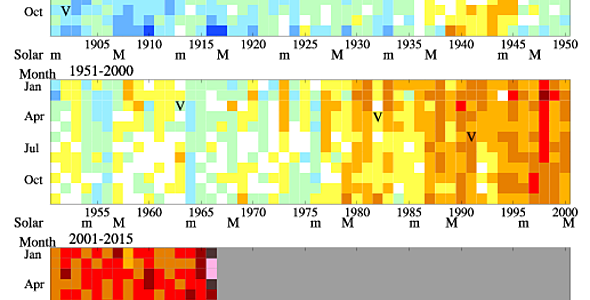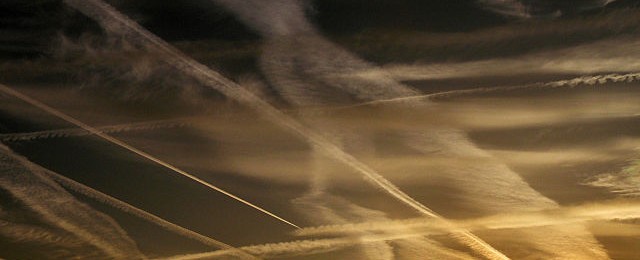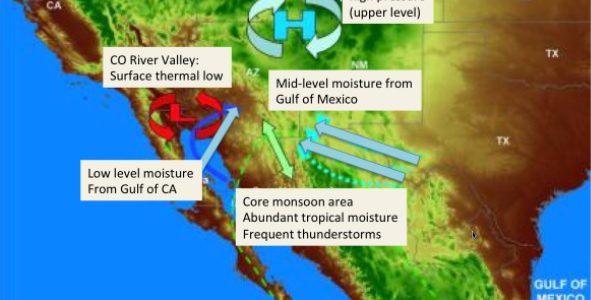Climate science
-

Dairy Herd Management has one of the best discussions I have seen about the end of the current El Niño and what is likely to happen with the coming La Niña. It’s written in a general way, not geared to livestock, so crop producers and foresters should read it too. Here’s the link. Unlike El…
Posted in: Climate and Ag in the news, Climate science, Crops, Drought, El Nino and La Nina, Livestock -

AccuWeather put together a nice summary of indicators of changing climate in their post today at https://www.accuweather.com/en/weather-blogs/climatechange/update-on-climate-change-indic/58459419. This article pulls together graphs of changes in Arctic and Antarctic sea ice, carbon dioxide measurements, and global temperature and presents them in a straightforward way with just a little commentary for context.
-

Summer temperatures for the United States as a whole are getting warmer based on instrumental records kept by NOAA as well as other groups. In some places in the north, that is not all bad. However, in places that are already warm, hotter temperatures could cause economic losses from increased use of air conditioning, reduced…
-

The Weather Channel has an interesting story about how many deaths are caused by different types of weather. While we think of tornados, hurricanes and floods as the most dangerous weather, it turns out that heat is the biggest killer of all. You can watch a video on the story and read about it at https://weather.com/science/weather-explainers/news/weather-event-fatalities-heat.
-

Stockholm University noted some recent research by a team of scientists there on the brightness of high-level clouds affected by airplane exhaust. Cloud brightness is important for climate because it helps control how much sunlight (and thus energy) reaches the surface of the earth. Brighter clouds–more reflection of sunlight back to space–less energy at the…
-

Summer in the Northern Hemisphere is generally the time when the monsoon develops in India. The monsoon provides the major rain that allows crops to grow in that country, and the failure of the monsoon causes immense suffering, crop damage and famine in the area. Even though you might think that “monsoon” is just a…
-

Water vapor and carbon dioxide are both contributors to greenhouse warming on the Earth. I’ve gotten questions from time to time about their relative importance to greenhouse warming. Dr. Marshall Shepherd of UGA provides a good discussion of the topic in a recent Forbes.com blog post here.